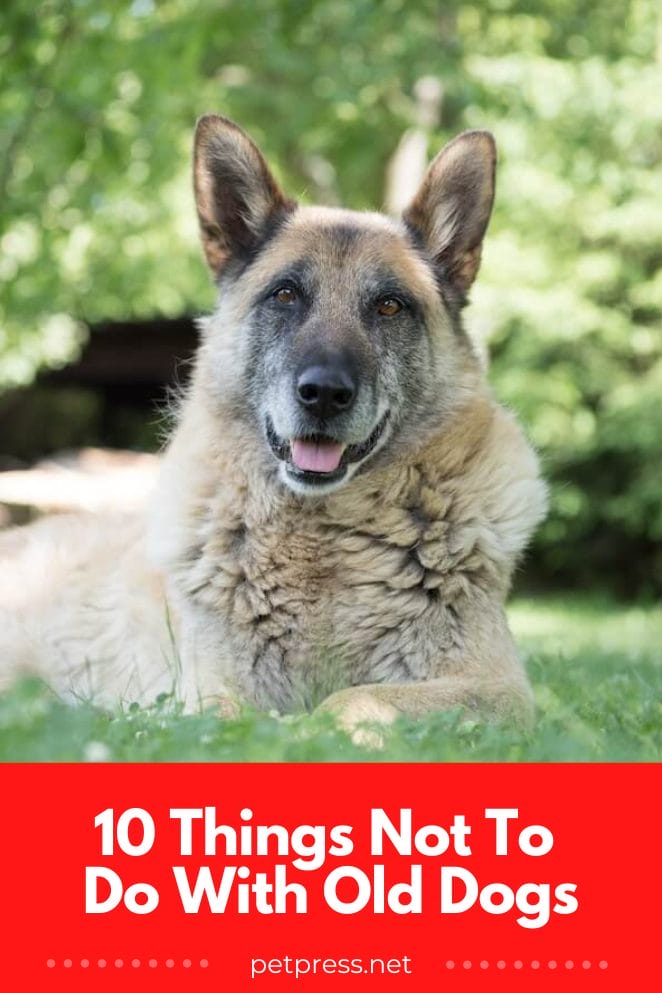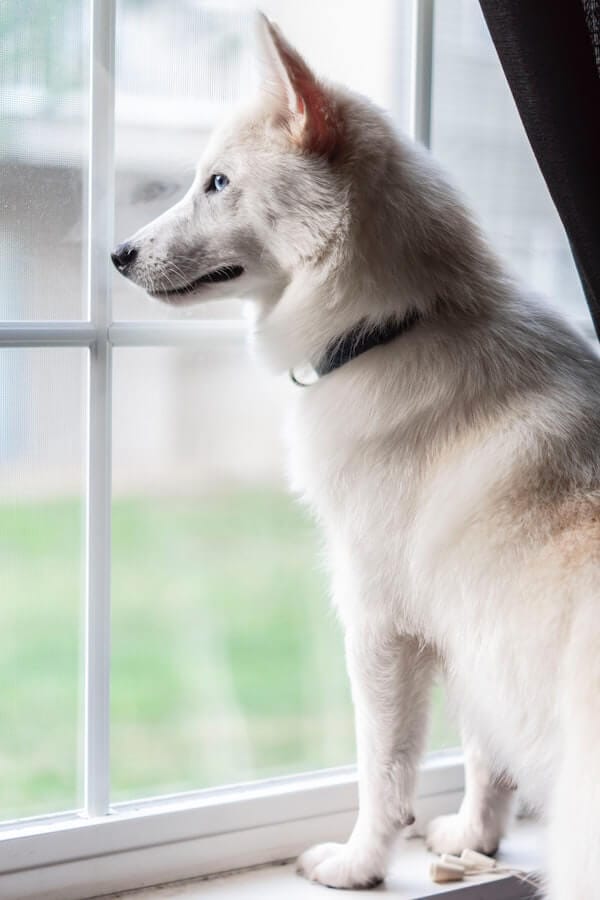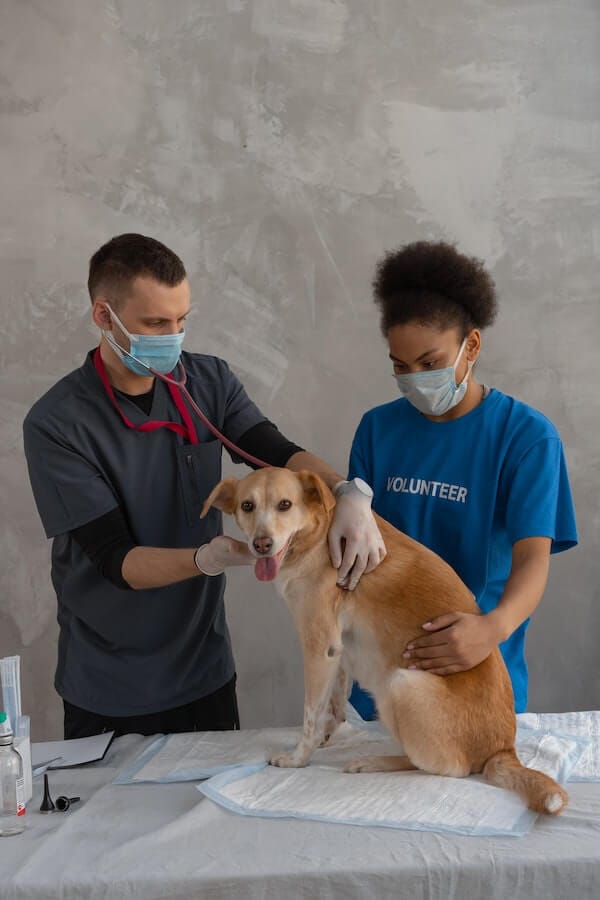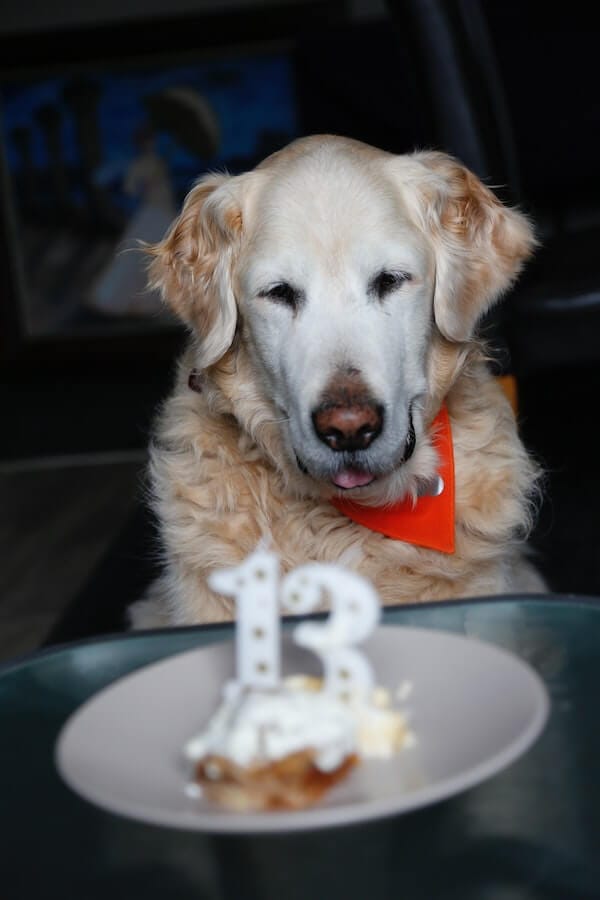
When it comes to our beloved senior dogs, it can be difficult to know what’s best for them.
While there are many things we should do with our elderly canine companions, such as providing plenty of love and care, there are also some activities that we should avoid when dealing with old dogs.
Unfortunately, there are far too many pet owners who don’t take the age of their furry friends into consideration when caring for them.
After years of being a faithful companion, there are certain considerations you should take into account when caring for an elderly pup.
From avoiding long walks in the cold to ditching those rich treats, this list is here to help ensure that your pooch lives their final years in comfort and safety – without any unnecessary stress.
So don’t delay – give your furry friend the best care possible by following these simple guidelines!
10 Things Not to Do With Old Dogs
Senior dogs have many special needs; they deserve the same love and attention as puppies but with a few additional considerations. Here are 10 things you should never do with your elderly pup:
1. Don’t Over Exercise:
As dogs age, their joints and muscles can become weak or stiff. Too much exercise can cause injury or pain.
It’s important to give your dog a moderate amount of physical activity each day that will keep them healthy without stressing their body out too much.
2. Don’t Leave Them Alone At Home:
Elderly dogs may need a bit more companionship, so make sure that someone is home with them while you’re away.
If possible, have a family member or friend come by to check in on your senior pup and provide some extra love and care.

3. Avoid Long Car Rides:
Older dogs may not have the strength and stamina they once had as a pup, so long car rides can be hard on them.
If you’re taking your elderly pet with you on a road trip, make sure to stop frequently for potty breaks and let him stretch his legs before continuing on your journey.
4. Don’t Overfeed:
As dogs age, they may not have as much of an appetite or need as much food as when they were younger.
It’s important to monitor their food intake so that they don’t become overweight, which could cause further health problems down the line.
5. Avoid Training Methods That Are Too Intense:
Seniors may not learn commands quite as quickly as younger pups, so avoid training methods that could seem too intense or overwhelming for them.
Stick with positive reinforcement techniques like treats and praise, and remember to be patient.
6. Don’t Change Their Diet Too Often:
As with any pet, it’s important to keep their diet consistent. Changing your dog’s food too often or giving them too many treats can cause digestive issues.
Speak to your veterinarian before making any sudden changes to make sure you don’t hurt your pup’s health.
7. Don’t Skip Their Annual Check-Up:
Senior dogs should have at least one annual check-up, preferably more if they have existing medical conditions that require monitoring or treatment.
This is a great opportunity for you and the vet to go over any questions or concerns you might have about your pup’s well-being.

8. Don’t Overlook Signs Of Pain:
It’s important to watch for signs of pain or discomfort in your elderly pup, as they may not vocalize their needs like younger dogs.
If you notice any changes in behavior that could indicate pain, speak to your veterinarian right away.
9. Don’t Leave Them Outside For Long Periods Of Time:
Senior dogs are more sensitive to extreme temperatures, and leaving them outside for extended periods of time can be dangerous.
Make sure your pup always has access to shade and fresh water in a comfortable area.
10. Don’t Forget To Make Time For Fun:
Although they may have physical limitations, it’s important to give your elderly pup opportunities for playtime and fun activities like walks or hikes.
Don’t forget to enjoy every moment with your furry friend – no matter what their age!
How do you make an old dog happy?
Making an old dog happy is no small feat, but it’s definitely possible! With the help of a few tips, you can make sure your senior pup stays in tip-top shape. Here are five ways to help your old dog stay happy:
1. Comfortable Bedding:
Older dogs often need extra support and comfort when they sleep. Consider investing in an orthopedic dog bed or a pet ramp to make it easier for them to access their favorite spot.
2. Adaptive Feeding Bowls:
As dogs age their neck muscles weaken and they can no longer easily reach their food bowls. Invest in an adaptive feeding bowl that allows your pup to eat comfortably.
3. Companionship:
Senior dogs may become lonely if left alone for too long, so it’s important to give them plenty of company.
Have someone stay with them while you’re away or consider getting a pet sitter or dog walker who can provide companionship during the day.
4. Provide plenty of exercise.
Just because your dog is getting older doesn’t mean they can’t still be active! Make sure to include regular walks and playtime into your pup’s routine.
This will help keep them physically healthy, mentally sharp, and emotionally happy.
5. Feed a nutritious diet.
As dogs age, their nutritional needs change as well. Look for food specifically designed for senior pets, which should provide the right balance of proteins, fats, carbs, vitamins, and minerals that aging fur babies require to stay healthy.

Conclusion
Caring for an elderly pup can be a challenge, but it can also be incredibly rewarding.
With some extra love and attention along with the right diet and lifestyle changes, your senior dog will remain happy and healthy well into their golden years. So don’t forget to give them lots of snuggles!
- 7 Dog Breeds With Webbed Feet And Why Do They Have Them - July 19, 2023
- 10 Best Fish For Small Tanks That Make Perfect Pets - July 18, 2023
- How to Breed Guinea Pigs: A Detailed Guide - July 17, 2023


GIPHY App Key not set. Please check settings